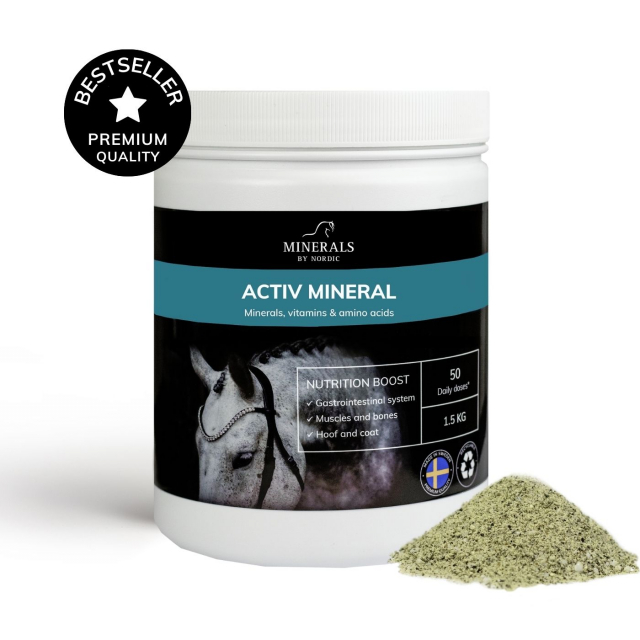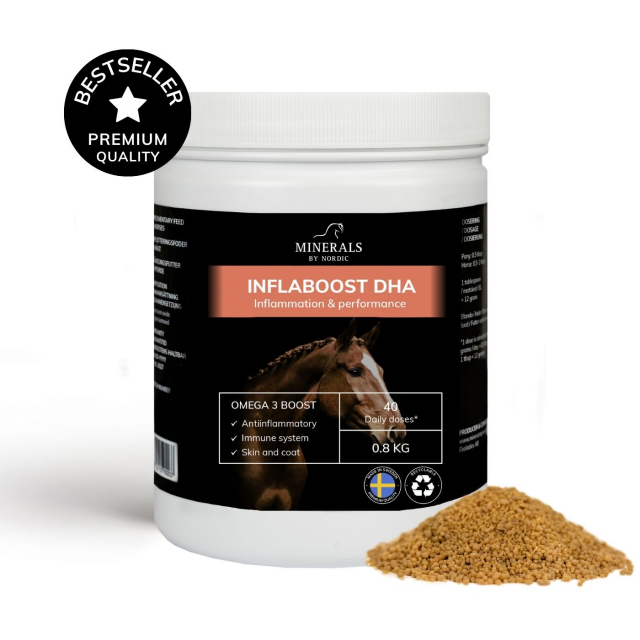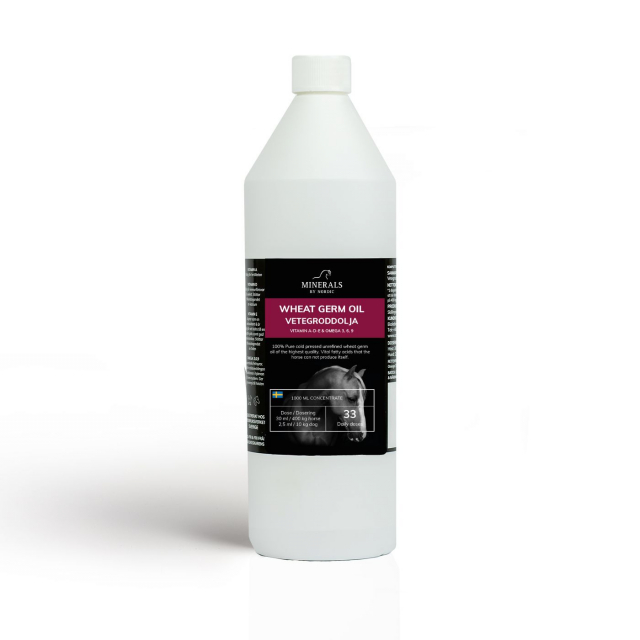
Causes of fungal infections in horses
Fungal infections in horses are a common issue that can affect the horse’s skin and overall health. The question is why horses get fungal infections, what factors contribute to their development, and how you can prevent and treat them to ensure a healthy and well-being horse.
What is a fungal infection?
Fungal infections occur when different types of fungi, such as dermatophytes (ringworm), begin to grow on the skin. These infections can lead to irritation, itching, hair loss, and in severe cases, secondary infections.
Fungal infections occur when different types of fungi, such as dermatophytes (ringworm), begin to grow on the skin. These infections can lead to irritation, itching, hair loss, and in severe cases, secondary infections.
Causes of fungal infections in horses
-
Moisture and poor ventilation
Horses that are kept in damp environments, especially for extended periods, are at higher risk of developing fungal infections. Damp stables or pastures with muddy ground create an ideal environment for fungi to thrive. -
Poor hygiene
Insufficient cleaning of equipment, brushes, or blankets can contribute to the spread of fungal spores. If multiple horses use the same equipment without cleaning, the infection can spread more easily. -
Weakened immune system
Horses with weakened immune systems, either due to illness or stress, are more susceptible to fungal infections. A lack of proper nutrition can also affect the health of the skin, making it more vulnerable. -
Damaged skin
Minor wounds or skin damage can open the door for fungal infections. Small injuries caused by insect bites, friction from equipment, or other damage can quickly become infected if not properly treated.
How fungal infections affect a horse's health
A fungal infection can cause discomfort and stress for the horse, which can impact its performance and overall well-being. Itching and irritation may lead the horse to scratch itself, which can create more wounds and open up for further infections. In severe cases, infections can spread and cause long-term problems if not treated in time.
1. Keep the stable clean and well-ventilated to reduce moisture.
2. Regularly clean all equipment used on the horses.
3. Ensure your horse receives a balanced diet to strengthen its immune system.
4. Regularly inspect the horse's skin and coat for signs of injuries or infections.
Treatment of fungal infections
If your horse develops a fungal infection, it is important to take action quickly. Treatment may include antifungal creams or shampoos specifically designed to combat fungi. In more severe cases, a veterinarian may need to prescribe medical treatment.
Fungal infections in horses are something that many horse owners encounter, but with the right knowledge and preventive measures, the risk of them occurring can be reduced. By maintaining good hygiene and paying attention to your horse’s skin health, you can help keep your horse healthy and free from fungal infections.

 SWE
SWE



 ENG
ENG NO
NO AX
AX DE
DE